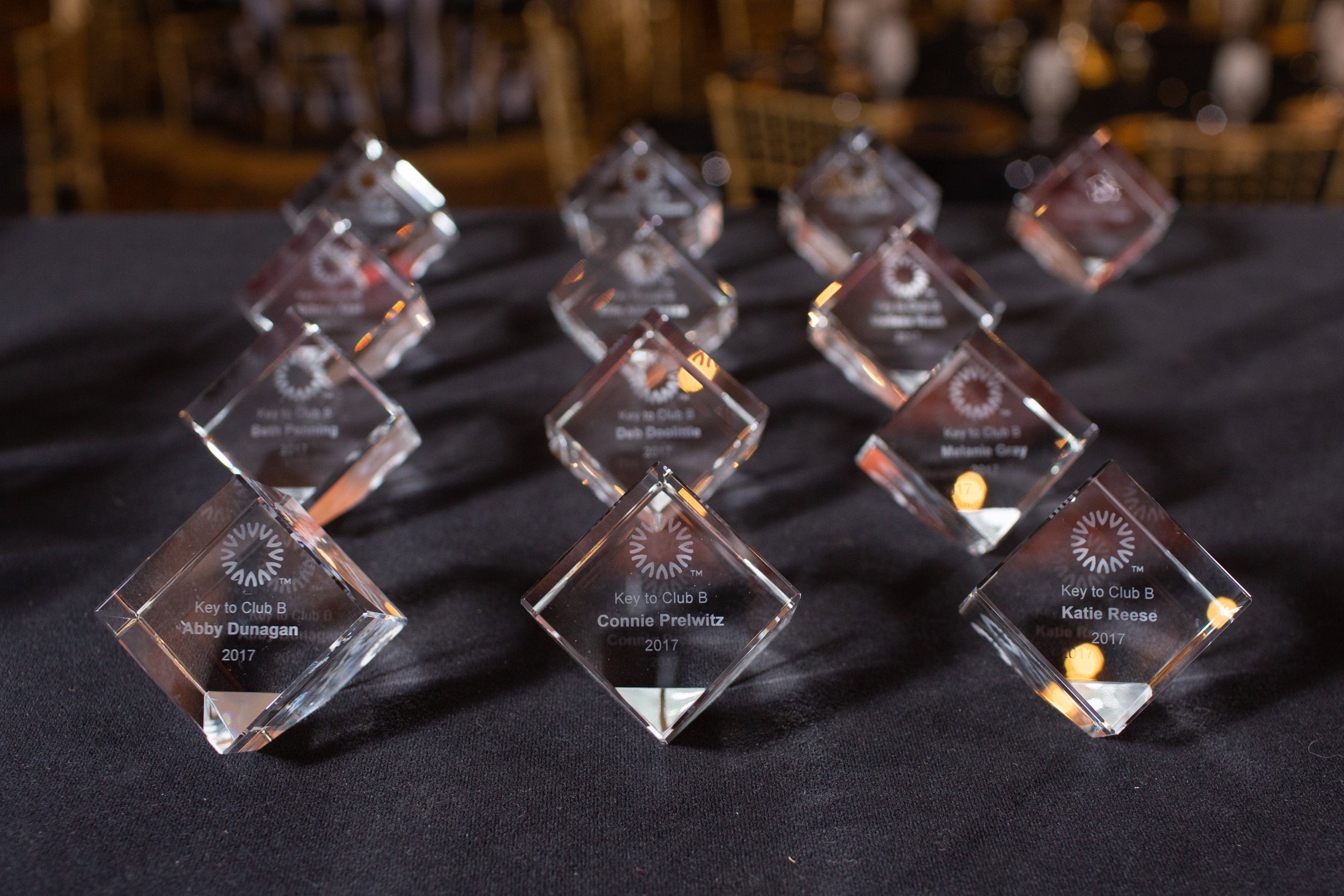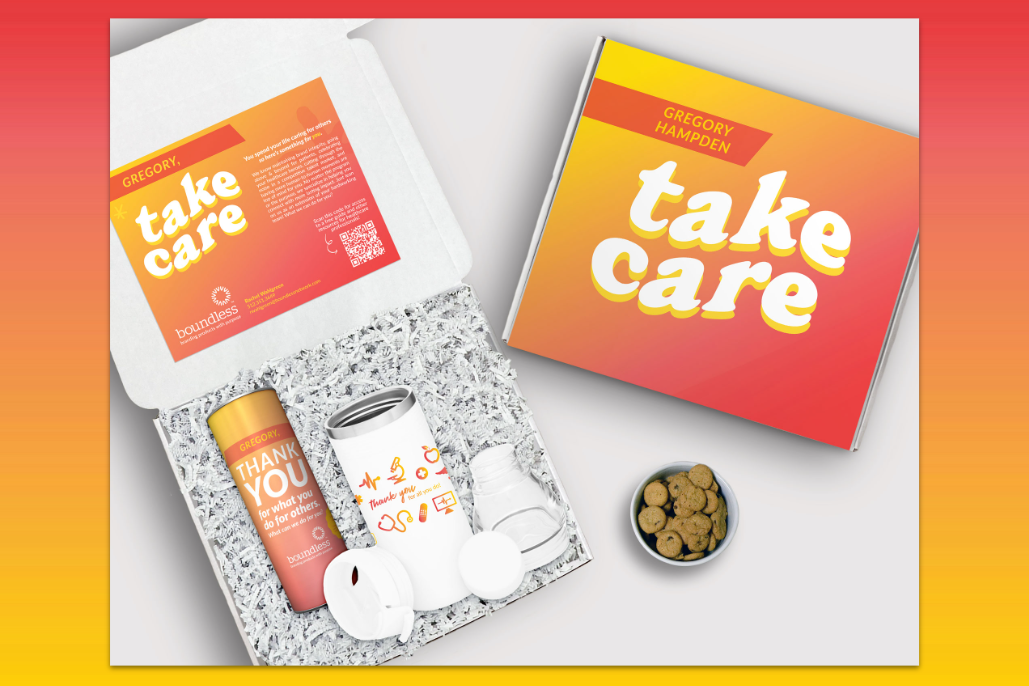You can’t do anything in your business without your team of dedicated employees. Whether you have two people working for you or you’re managing a multinational department with hundreds of employees, recognition should be an essential part of your management style.
But it’s easy to overlook employee recognition, especially if your team is overworked and understaffed — making the time to pat your team on the back just doesn’t always happen. It might sound fluffy, but recognizing your team can reap so many amazing benefits for your organization. If you’re trying to build a positive culture, motivate your team, or boost profits, employee recognition is a must.
Not sure if recognition programs are worth your while? Let’s dive into the psychology behind recognition, why it’s beneficial for both you and your employees, and five ways to do recognition right.

The psychology of recognition
If you didn’t take psych in college, we’ll fill you in. As humans, our brains crave the rewards that come with recognition. Every time we’re rewarded for something, our brains release a rush of dopamine, giving us those warm, tingly feelings of satisfaction, happiness, and joy.
And this is a good thing! We like feeling good, so we crave more things that flood our brains with dopamine. A dopamine hit makes it much more likely that a human will repeat the behavior that brought on the good feelings. In the workplace, this means you can use positive reinforcement to encourage your team to improve and create better work.
But here’s the problem: this dopamine rush doesn’t last very long. If you want your employees to feel appreciated over the long term, you need to do more for them than an annual shoutout at your holiday party. Instead, you should be building a long-term program for consistent recognition to reap the full benefits and make a real impact.
The benefits of recognizing your employees
Psychology 101 aside, there are real, tangible benefits to recognizing your employees, too. We could extoll the virtues of recognition for hours, but it comes down to:
- Increasing profits: 41% of businesses say that peer-to-peer recognition programs increase customer satisfaction. And when your customers are happy, your bottom line is nice and fat. Engaged employees go the extra mile for you and your customers, which translates into more revenue.
- Improving employee productivity: 69% of employees say they would work harder if they were more appreciated. Employee recognition has a significant effect on employee happiness and satisfaction. After all, happy employees are more eager to dig in and do important work. Is it any wonder that happy employees are 31% more productive? When you recognize your team in a positive way, they’ll reward you in kind with better work.
Retaining more of your team: Nobody likes it, but employee turnover happens. While every employee will leave at some point, you can keep more of your team intact with a recognition program. Recognized employees are 63% more likely to stay at your company for the next 3-6 months. While this isn’t a cure-all for turnover, you can certainly reduce it by giving your team well-deserved kudos.

5 tips for successful employee recognition
Who doesn’t want to make more money, do better work, and keep more employees on board? That sounds like a dream!
But to enjoy these juicy benefits, you’ve got to do recognition right.
1. Recognize employees promptly
Don’t wait to tell your employee that they’re doing a good job once a year. That hit of dopamine isn’t going to last for 12 months! It’s important to give recognition regularly and in a timely manner.
It doesn’t do much good to recognize your employee for something they did two months ago because you remembered it just now. Ideally, you should acknowledge your employee the same day (or week) of their achievement.
2. Give very specific kudos
Telling someone “Good job!” just doesn’t have the same effect as, “I appreciate how you kept a level head and treated this difficult client with respect.” Remember, recognition is all about enforcing positive behavior; if you want employees to repeat a particular behavior, you need to spell it out specifically.

3. Personalize it
Who wants a super generic, meaningless reward for their hard work? Personalized gifts make a world of difference for your employees. It’s always a good idea to know a little bit about your employees’ personal lives and hobbies so you can personalize any gifts of recognition you create for them. For example, you could give a laser-etched bookmark to the person who loves to read or a company-branded dog leash to an animal lover.
Whatever you do, make sure you get the employee’s name right. There’s nothing more embarrassing than giving a personalized water bottle that says “Mara” to Sara. Even a well-intentioned mistake can backfire big time!
4. Be fair
How often are you praising one employee? Do you recognize entire teams for their hard work or just individuals? It can be easy to overlook certain teams or employees, but that can cause a lot of hard feelings if you aren’t mindful.
You have to recognize employees in a fair, well-balanced way. That means:
- Recognizing teamwork: Collaboration isn’t easy. If something was a team effort, don’t single out just one person for the reward.
- Matching the reward with the achievement: Would you give a pencil to celebrate an employee’s 10 years of service at your company? Hopefully not. The more significant the milestone or the achievement, the nicer your recognition rewards should be.
- Making all employees eligible: FOMO is a big deal in the workplace. Never exclude a single employee, team, or group from your recognition program unless you want to breed serious hard feelings.

5. Create a system for recognition
Only 14% of companies give their leaders the tools to properly recognize employees. Work with your leadership team to create a system to recognize employees, equipping managers with the tools and training to do it right.
Maybe that means setting up a reward portal where employees can choose their own gifts. Or perhaps it means employees can gift each other kudos that they exchange for gift cards. The sky’s the limit! Just make sure you have a system in place so it’s easy for your leaders to dole out recognition consistently.
Reward your team for a job well done
It isn’t easy building a positive culture in your business, but employee recognition is the best way to foster goodwill with your people. Done well, recognition can go a long way toward improving morale, increasing profits, and improving productivity.
Ready to get the ball rolling on your own employee recognition program? Boundless helps companies create Brand Love moments with their own employees. See how our platform automates and personalizes recognition for your hardworking team.





Comments (0)